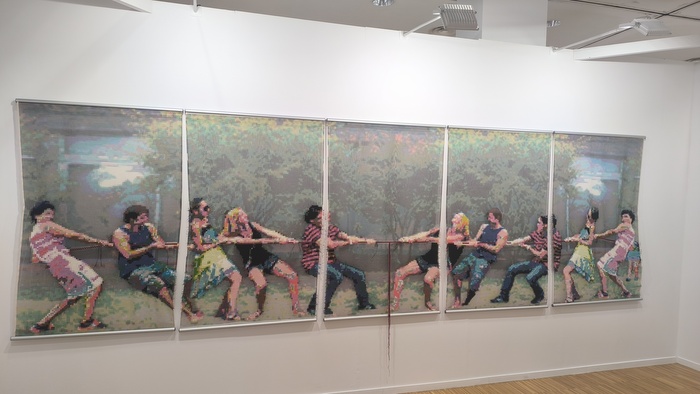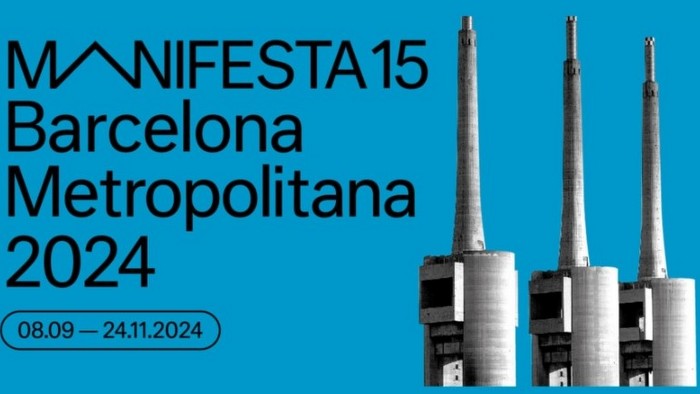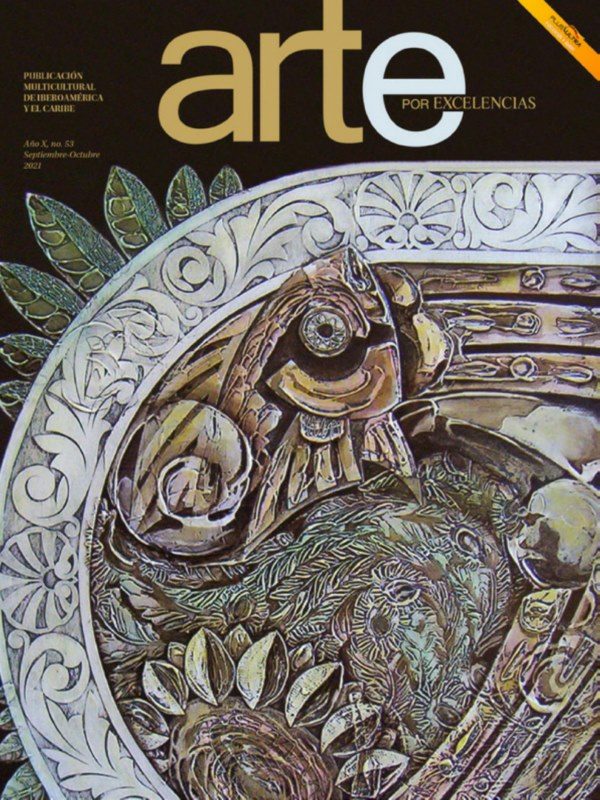The fact that America is a young people is borne out, first of all, by the very history of the United States. The arch of sense that would fundamentally span from the 2000 to the 2008 presidential elections speaks plentiful volumes about the youth of America. In 2007, HBO aired the featu re presentation of Recount, starred by Kevin Spacey, Laura Dern and John Hurt, a film that lays bare the public show, like the one found in a fair, that eventually worked out the 2000 electoral helter-skelter in the U.S. As the vote count between George W. Bush and Al Gore was getting too dangerously close to call and in the face of reasonable doubts triggered by the electronic polling devices –the ill-fated punch cards with their hanging chads- a m echanical vote count was convened. And it happened. But the gap between both candidates continued to be way too narrow as the images showed the hesitation of quite a number of elderly people with their eyes glued on the mechanical cards: Democrats or Republicans? The latter looked like a beaten track, a dicey déjà vu, an exclusion in the name of global hegemony and freedom, but the former was bringing about the suspicion of communism, of black people ruling the country, of gays and women getting their own way. So help me God from this election, but a second voting was needed. Once again and a summoning –without too many snags in the way– for a hand count. And amid this count, the Supreme Court of (In) Justice delivered an institutional coup d’état: it put George W. Bush in the White House by a right of his own and because there was a need to safeguard the universal image of the United States. The cynical look of a brilliant Laura Dern taking a deep breath, smiling histrionically, ready to announce the final decision, is a must-see. She was, as Lars von Trier would put it, “the chief of all this” in Florida and she trumpeted the final blow. That legal license to stunningly ignore the little sign of democracy is called the “nuke option” in the U.S. Heed is to be paid to the dialogues among the characters to further cotton on to the functioning of a young culture so cocky about itself. The character played by Hurt claims that “the world watches. We’re in theory the last great democracy. If we can’t work this out in a dignified way, the post’s that up for grabs, what kind of hope are we giving to those countries that want to share our values?” A few seconds later, another character takes a deep breath and butts in, “Last great democracy! That’s got to be a fucking joke!” and Kevin Spacey just lets off a long sigh, trapped between sarcasm and helplessness. Thousands of African-Americans were disenfranchised in the name of weird confusions, their names and surnames mixed up with those of criminals. Nothing mattered. The nuke option unleashed its fallout over new Hiroshima and Nagasaki scenarios. By sitting a new ignorant on the presidential saddle, whose foolishness level is directly proportional to his belligerence degree, a young culture with a longing for globalization would wage new economic wars under the naïve pretext of spreading freedom in pursuit of currency leverage and the oil stashed in the outskirts. Eight years of crassness was the price to pay for such a Bushist adventure, thanks to the rapture of a President who used to mix up an ethnic group with a rock band. That man was the king of the world. But the fact of the matter is that eight years later, the show is running on empty and it’s no longer doling out the economic warranties that matter so much to the country of fast food and Julia Roberts’ stardom. And hope peeks in, the Democrats win without the need of mechanical or hand counts. In a promising speech in which the “Yes, we can” chant reminds vaguely yet encouraging Cuba’s “Sí se puede” –the antipodes agree- the black President asserts that only in America a black man could reach the presidency and fulfill the country’s dreams. The new democracy is born out the same hegemony’s arrogance, yet it’s feasible to think he’ll try to make many of those dreams come true. The question then is, will all those citizens who loved Bush let him do so because “finally we have a President who represents us and stands up for us in the international arena?” Could that black guy in the throne fulfill the dreams of millions of immigrants that one day founded a country and today suffer from it, as ironically portrayed in Martin Scorsese’s flick Gangs of New York? Will the globalization project take a spin to shut off the economy and the martial, and zero in indeed on a possible encounter of subjectivities? This is no doubt the story of a young people. That is, there’s no need to turn to other peoples with the alibi of the most resounding social and economic backwardness to take a firsthand look at the tragicomedy of a young people. But if we stroll around other nations and visit museums, galleries, art halls, we’ll surely find an odd persistence of the memory. The young people forget about oblivion and anchor themselves, as if it were for good, on the soothing shelves of memory. Snug wardrobes. Things are stored and prayed for there; things are founded and forged there everyday. The young people define and deny themselves everyday. Twenty four hours later, after all, redefinition will set in. The young people suffer from identity anxiety, from self-recognition in uppercased History that by definition is expressed as hunger: voracity for defining everything, for outlining everything, for making whatever roams and flies like tulle tangible. The young people need to feed on themselves, to know with accuracy, to rub the intangible, to dominate reason and deploy virtue in the mirror. The young people never quench their appetite for definition, an ancestral hunger –ancestral within their own youth- in terms of identity, that modern concept that attempts to shape the face right there where the complex verges on the rhizomatous, in those things that never subside, that definition never tracks down and grabs. In installations, object variations, paintings, photographs, performances, drawings, addresses, the young people pin their hopes of perpetuation on puns. The young people ante up everything they have in every effort, they go the extra mile from the word go. That’s why the transcendentalist eagerness of the art that floods –and this is an accurate idea: The art that floods- is capable on several occasions of wanting everything, saying everything, grabbing and grappling with everything in only one artwork. Pictures that try to be the datum of a memoir or all-out narration, installations that aspire to reorder the world in the same way objects are arranged in space, cosmic –and comic- paintings in which logos get as thick as pastes. Burned pictures, bone traits, sprinkles and provocation, defiance all at once. Hotheadedness. In a typical young people, it’s possible, for instance, to engage in an angry discussion for hours about the boundaries of video art. That’s typical of a young people: hunger for identity is expressed in the hunger for definition, but the hunger for definition is expressed in the thirst for labeling. Even when the video art of the maestros –not today’s- used to contemplate morphological variations: visual experimentation on electronic images, video installation of even the urban environment, an acting on tape, a performance in which the environment may act either as a register or as a rewriting, etc., today it still takes long hours to discuss about the labeling boundaries of video art. An ideal speech right there where substance leaks out and matter flees. If we know that in contemporary art the boundaries, the limits, the genres are nothing but slippery conventions at the mercy of a clear-cut principle: the solidity of the idea to put across and the suitability of the media that have been called on to convey it –no matter the nature of those media- are all the matter. Oh, no, it’s important to classify, subdivide, delimit, rule out, echelon. The modern accent doing its stuff over the sliding plasma of the postmodern: the eagerness of transcendence. All this much is wielded in the name of a word that has acquired a gallows look: rigor. How many crimes are committed based on this aspiration? What the hell is rigor outside the ability to understand the complexity and the endless variations of the phenomena? Every time a finger is raised in the name of rigor, knowledge trembles. Every time a schoolteacher with a flair for national pedagogue shows up, illusion quivers. Soliloquies, people who need a public of dilettantes ready to clap their hands. Hunger. A hunger that supports everything and argues everything in the name of rigor, the definition, the identity. Oh, the young peoples. The young people’s yearning for rigor prefers erudition to culture. We all know the basic difference between the two of them lies in the fact that the former accumulates knowledge, while the latter knows what to do with it. The young people’s rigor battles unflaggingly to “be in the know.” Being in the know means fall into a repetitious merry-go-round of categories and notions established by the mainstream centers. If someone form the young outskirts comes up with a notion, he or she is taken down as a lunatic, misinformed, cock-and-bull story buff because that concept is construed differently somewhere else. The young individual is doomed to repeat time and again, like a puppet that plays its role, the thoughts hailing from faraway lands, which are more validated by tradition. The folklorist approach and the landscape of a vanity fair and phony humbleness do not stem exclusively from the young people. In the film Eight, in which that same amount of moviemakers hope to turn into fiction the eight development lines –better yet survival lines- established by the UN before the indecency of barbarism in the non-lives of the periphery, fiction short-length films that are nothing but naïve pamphlets coming from a tender pedagogy, Wim Wnders broaches an esthetic and aberrantly esthetic idea of a bunch of Africans jumping out of the computer screens to remind both mass media editors and tycoons of the pertinence of private and partial financial credits in order to slash malnutrition and unhealthiness, the lack of protection for those living on the edge. Let’s see: if a millionaire gives 200 bucks to the Nigerian black woman, she could work out the continuity of her life for one month. The end is ironically gripping: order is restored and the makers of realities in the mass media keep the show (their slack attitude) on the road as if nothing had happened. In the meantime, new breeds of creators are rising here and there, young people who don’t give a damn for where the convention begins and where it ends, or for the consensus on video art; people who don’t believe in burned pictures, nor in the bone traits or the footsteps of the ancestors, people who don’t believe in the lifeforgiving indulgence of the kindhearted executive. They listen to an echo, retake that echo, yet they are aware that it’s nothing but an echo. For the time being, they work, register, create, think their own world without so much enthusiasm to build on each word, each gesture, each item. America must trust in those youngsters who break away from the standstill of centuries-old resonances and rush to do their own stuff outside the planetariums and the teachers’ guidelines, outside the handbooks and the precepts. Unless we notice one fine day how these youngsters of today also start listening to voices coming from everywhere, hard echoes that resound in their ears, and they also begin to raise a finger, to gauge creation, to draw limits. The young peoples live running in circles. How can it be possible to escape the waterwheel in the days when the last democracy believes it could have realized itself and when the years to come must undertake the twisting of the speech into sharp and resounding reality, not just into the mere overblown reality of the mass media? Will there be in America a way to skew the dynamics of the cycles and run away from the dictatorship of definition?



















